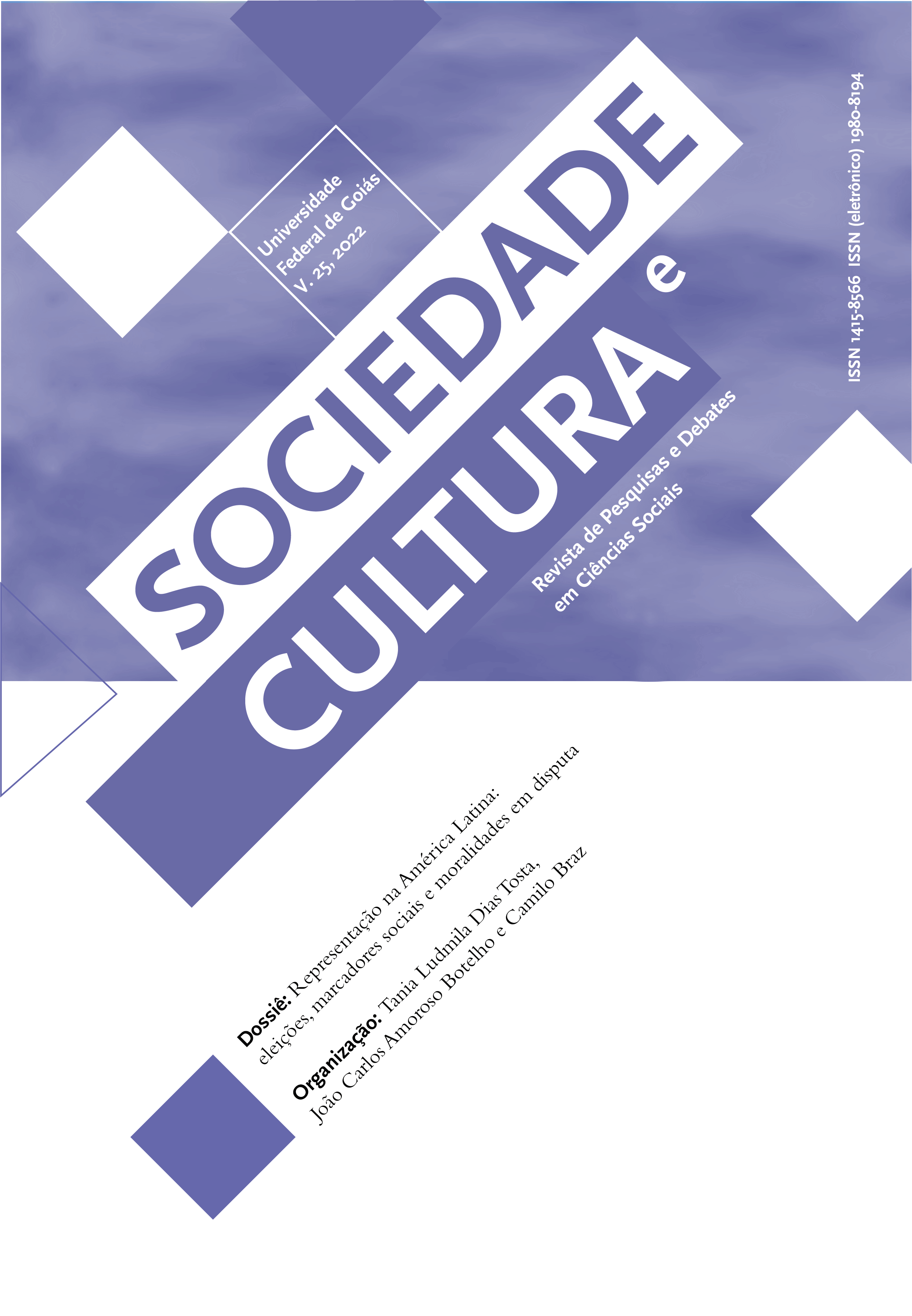Citizen representative of the parties: new legitimacies in non-equivalent contexts
DOI:
https://doi.org/10.5216/sec.v25.71200Abstract
Citizen Regulatory Bodies (CRB) are institutions that are legitimized on an idea of citizen representation. Assuming this condition entails extending the problem of the dissonance between the actions of the mandatary and the interests of the constituent, towards these new institutional formats. This article contributes to the definition of this type of participatory institutions, and I argue that, although they oppose their legitimacy to that of elected
politicians, the recognition of their authority requires links with political parties. To build this proposition, I resort to a representation
model where citizen authorities gain representation through an intermediation function between two audiences, a process that I examine through the trajectory of the electoral body in Mexico and the corruption control agencies in Ecuador, as analytically nonequivalent cases.
Downloads
Downloads
Published
How to Cite
Issue
Section
License
Copyright (c) 2022 Sociedade e Cultura

This work is licensed under a Creative Commons Attribution 4.0 International License.
Authors who publish in this journal agree to the following terms:
- Authors retain the copyright and grant the journal the right of first publication, the work being simultaneously licensed under the Creative Commons Attribution License, which allows the sharing of the work with acknowledgment of authorship and of the initial publication in this journal;
- Authors are authorized to enter into additional contracts separately, for non-exclusive distribution of the version of the work published in this journal (eg, publishing in an institutional repository or as a book chapter), with acknowledgment of authorship and of the initial publication in this journal;
- Authors are allowed and encouraged to post and distribute their work online (eg, in institutional repositories or on their personal page) at any point before or during the editorial process, as this can bring productive change as well as increases the impact and the citation of the published work (see O Efeito do Acesso Livre).



